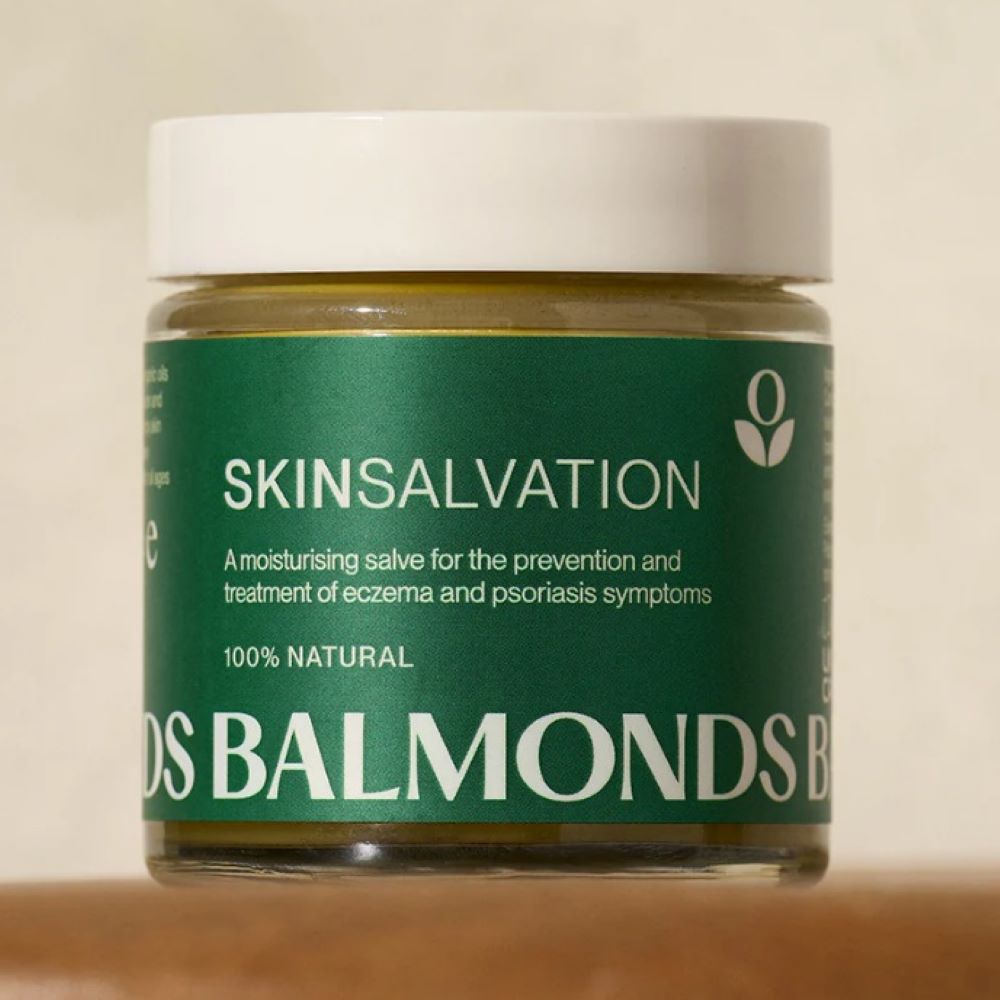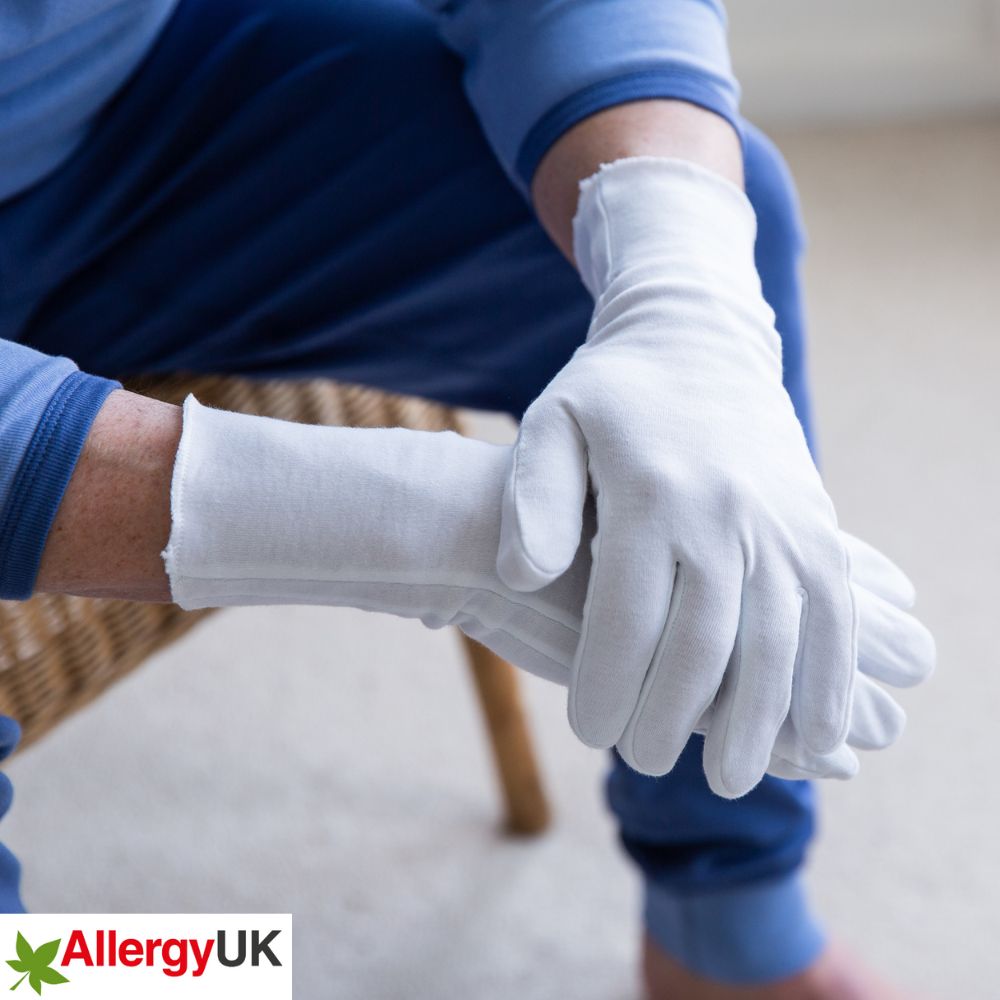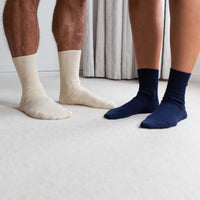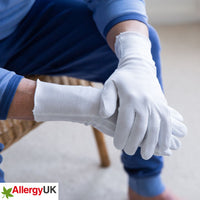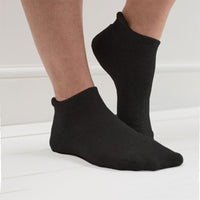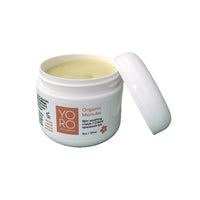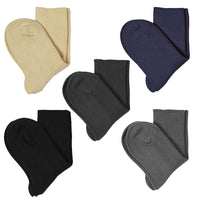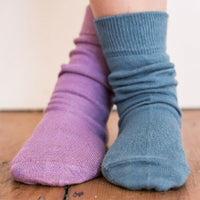
Psoriasis Awareness Month Q&A
Psoriasis Awareness Month Q&A
With August being Psoriasis Awareness Month, we were lucky enough to speak to influencer and educator Claire (@claires_psoriasis) who shares her own story of being diagnosed with Guttate Psoriasis. Claire talks us through her journey towards skin acceptance as well as her go-to tips and tricks for dealing with negativity and judgement from others.
Miranda (CC): Hi Claire! Can you tell us a bit about your journey towards diagnosis?
Claire: Sure! So, I first noticed red dots appearing on my torso and back before any other patches appeared on my body. I had no idea what it was. I went to the doctors, and they didn’t know either - they thought it was ringworm originally, and it wasn’t until I went to a dermatologist that they diagnosed it as Guttate Psoriasis - they knew what it was instantly. My Dad also has Psoriasis, he has plaque psoriasis and we never linked the two because they look so different. Dad never spoke about his psoriasis to me, he very much accepts it as a way of life and almost pretends it isn’t there.
Miranda: How did you feel when you received the diagnosis? Was it something you spoke about with your family and friends?
Claire: Not initially, I was so embarrassed about it. I hid it for so long and covered it up. In fact, It wasn’t until I started my Instagram account that some of my friends found about my Psoriasis. In the beginning, when it was showing up on my skin people would ask ‘what’s wrong’ or ’what’s that on your skin,’ and I would feel so embarrassed. Now I see it as an opportunity to educate, I’m really open and I understand their curiosity. No one ever meant to make me feel self-conscious by asking, they just wanted to know.
Miranda: Can you tell us what happened when you received your diagnosis? Did you start any treatment?
Claire: Yes, so firstly I was started off on a variety of creams and when nothing was really working, I was moved onto a course of light therapy treatment. I was going to the hospital three times a week and at each appointment the phototherapy staff calculated the dose of UVB required. I remember at my first session I was only exposed for 20 seconds. UVB penetrates the skin and slows the growth of affected skin cells by using artificial ultraviolet light. Ultraviolet light reduces inflammation which is why it is suggested for psoriasis treatment as psoriasis is an inflammation of the skin. My first course of light therapy didn’t have the desired effect. The spots definitely went down but at the end of the course my psoriasis was still visible.
Miranda: And how did you find managing that treatment initially?
Claire: It was quite intense travelling so much and ensuring my appointments fitted in with work, but mainly I was so desperate for the light therapy to work. I was devastated when the first course of light therapy didn’t have the desired effect! So we opted to try bathwater PUVA.
Miranda: What would that entail?
Claire: So, it’s the same in that you stand in the light box but beforehand you soak in a bath. Bathwater PUVA refers to psoralen prescribed in a dilute solution of water. The ‘P’ standing for psoralen. Psoralens are chemicals found in certain plants that have the ability to absorb ultraviolet light. I’d soak in a bath for 15 minutes before going in the light box which emits UVA.
Miranda: How did that go for you?
Claire: My psoriasis did clear up after this course but as expected, it came back again! The thing you must remember is there is no cure for psoriasis. After this, I went travelling with my friend and the sunny Australian weather really worked wonders for my skin. I still had bad skin days out there but my mindset shifted and I set out to accept my skin as it is.
This is my skin and I didn’t want to keep fighting it.

Miranda: That’s incredible Claire. Are there any other symptoms you feel from your psoriasis that might not be visible?
Claire: Well because my skin is working overtime to regenerate skin cells I do feel fatigued. At the end of the working week, my psoriasis is noticeably angrier, and I know that’s because of stress and lack of sleep. Also, as it’s an auto-immune disease other complications can arise later in life, arthritis being a common one.
Miranda: And what about the inflamed skin itself, does it itch or hurt at all?
Claire: It can be itchy, especially when I was using prescribed creams that weren’t ‘right’ for my skin.
Miranda: And do you use any creams now that you can recommend?
Claire: Oh, I have tried all the creams under the sun! I think it’s so dependent on the person, but I have found that Lush Dream Cream really works for my skin. I find that natural products are best, and Lush products, in general, don’t irritate my skin. I’ve found that the sun is beneficial for my skin. I try and do 20 minutes in the sun without any SPF and then after that I’ll put some on. I don’t particularly struggle with sun cream, but I know that some people do.
Miranda: Is there anything else that you would recommend, or anything that you would try to avoid?
Claire: When you have psoriasis you’ll always get told to change whatever you're doing. There will always be recommendations on products or diets but everyone is so different and it is a long process of trial and error. I made a few dietary changes in the past and I’ve learnt dairy is an inflammatory for me personally.
Miranda: It sounds like you have a really healthy attitude towards your skin and embracing your psoriasis. Do you have any advice for anyone who is looking to foster a bit more acceptance for their sensitive skin?
Claire: Me time is so important! If my skin is getting me down, I will have a bath, not only does this soothe my skin but I will feel better for just taking the time to relax. Also, I wish I had accepted there is no ‘fix’ for psoriasis sooner. If I had realised this before my treatment started, I might have been able to adopt a more positive mindset earlier on.
Miranda: And what about if people make comments or ask you about your psoriasis. Do you have any tips on how to handle that?
Claire: One of the things I often get asked is ‘do you have chickenpox?’ That really makes me laugh, if I had chickenpox, do they honestly think I would be out and about spreading it!? Now if people ask, I just tell them I have psoriasis. It’s nothing to be embarrassed about. I have a happy lifestyle with amazingly supportive friends and family, and I’ve accepted my skin.
Miranda: Is there anything clothing-wise that can help? We at Cotton Comfort have a lot of experience with eczema but limited personal experience of psoriasis. We would love to cater for the larger sensitive skin community.
Claire: One thing is that I find jeans can rub the psoriasis on my hips, so if there is anything you can do stop that happening! In general, I would say nothing too silky purely because of the moisturisers we use on our skin. And also loose clothing really helps with comfort.
N.B we have since sent Claire some of our highly rated Square Cut Pants to protect the skin on her hips from rubbing against jeans. We are looking forward to hearing how she gets on!
Miranda: And lastly Claire, where do you go to find a sense of community.
Claire: None of my friends have psoriasis, and as I said my Dad does, but he doesn’t speak about it. I think the Instagram psoriasis and sensitive skin community is incredible. It’s supportive and funny too and it just makes you realise that you are not alone. There are so many people out there talking about it from all over the world. I wish I had known about it earlier.
You can find Claire on instagram here and whilst you're at it why not check out our Instagram page too. We look forward to seeing you over there.
Do you live with psoriasis? Are there any clothing solutions that you would like to see from us that would help make your life easier? Please let us know in the comments, or if you would prefer to keep it confidential email mirandahorn@cottoncomfort.co.uk.

